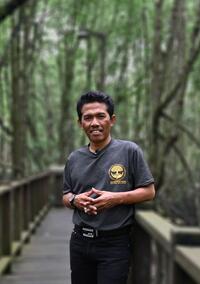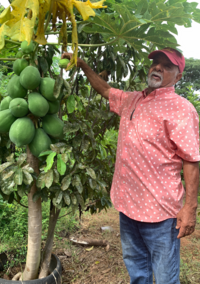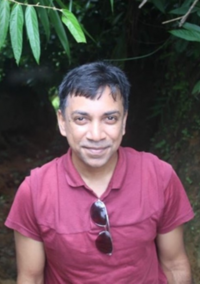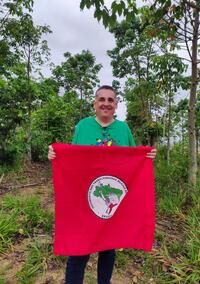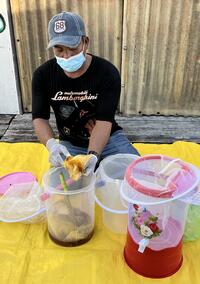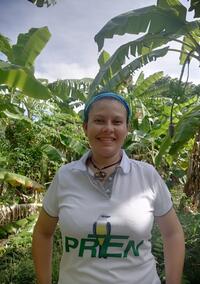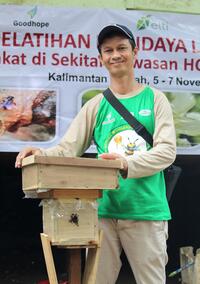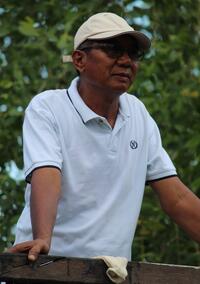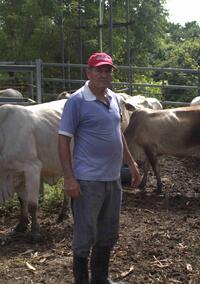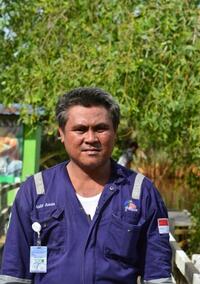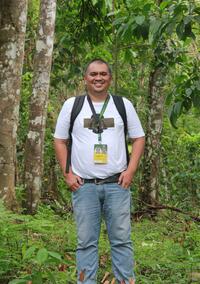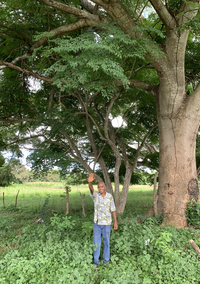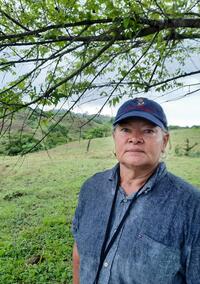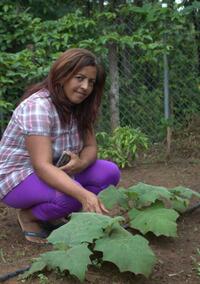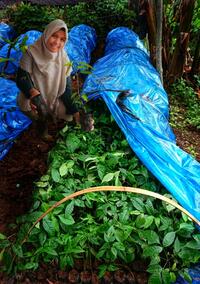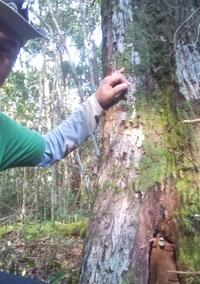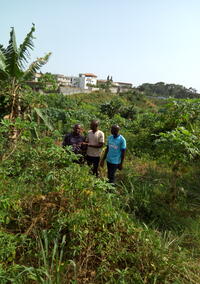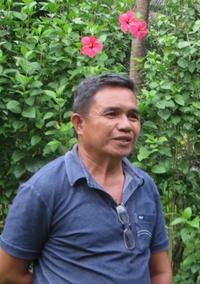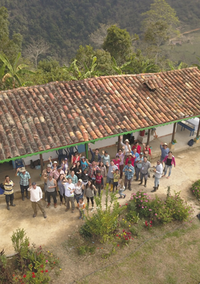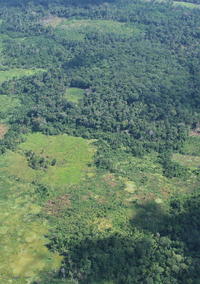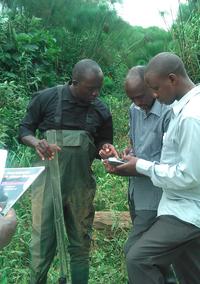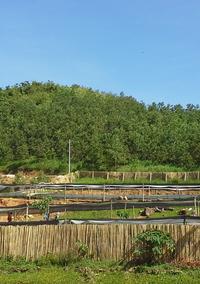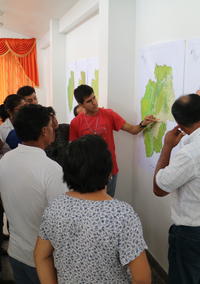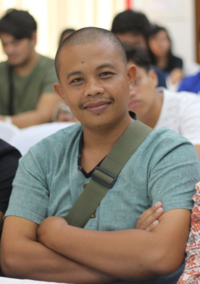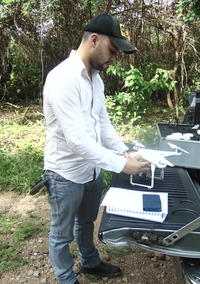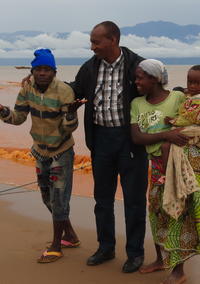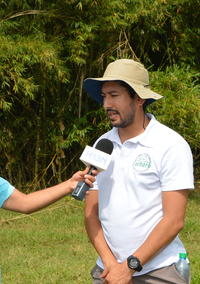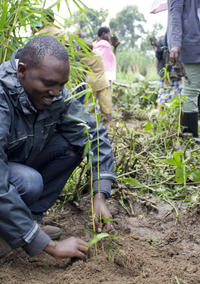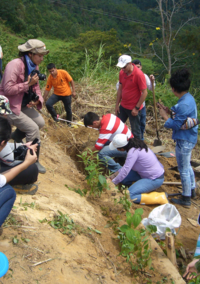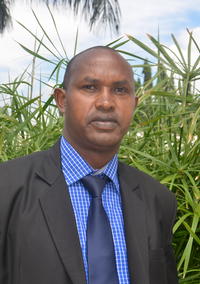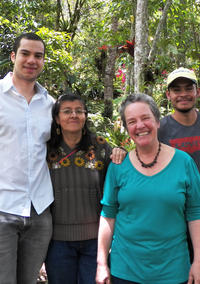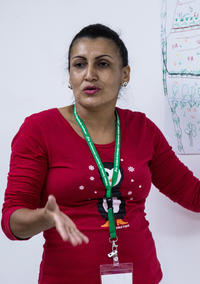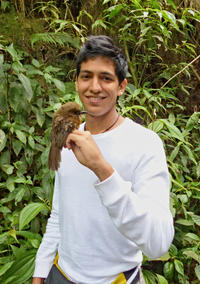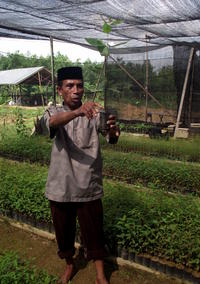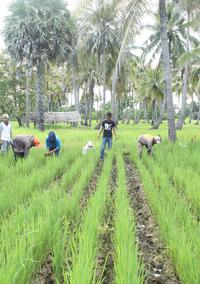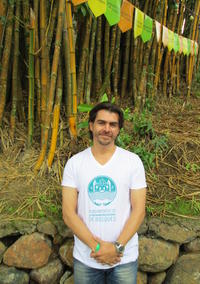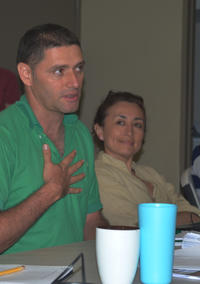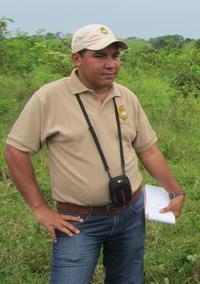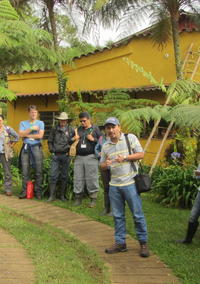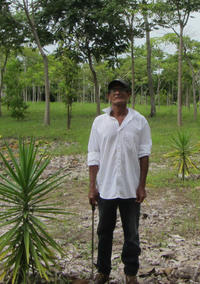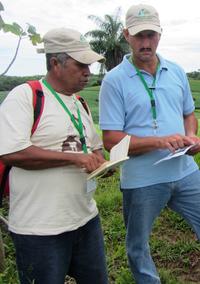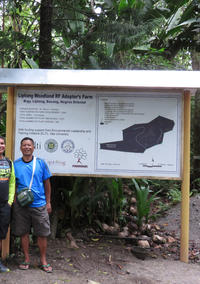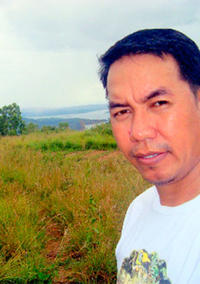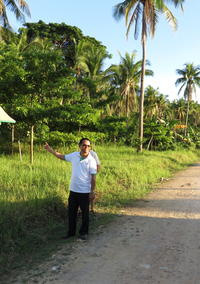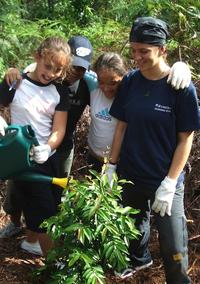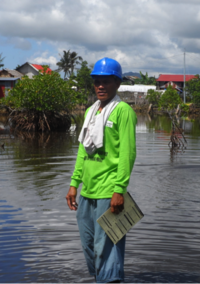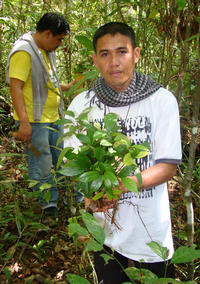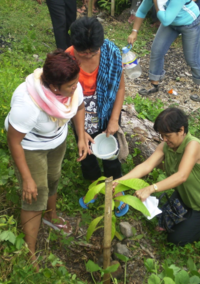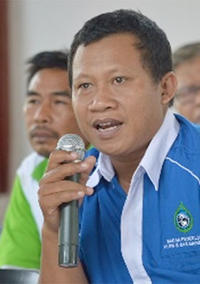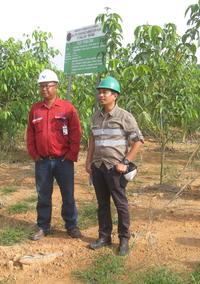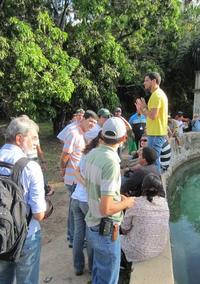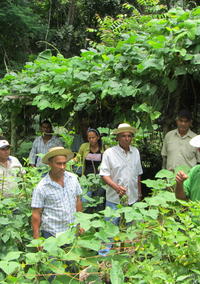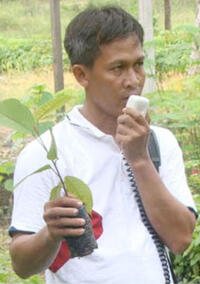You are here
Côte d’Ivoire Turns Ideas into Action Using ROAM
"The country is comprised of over 60 ethnic groups. Each one of them is linked to a region, with its own way of using the land,” says Koffi Etienne Kouman, Program Officer for Côte d’Ivoire’s Directorate of Land Registration and Forestry Development. “We need to analyze and understand the realities of these populations before we can communicate the urgency of restoration to them and the government.”
Koffi Etienne had a basic understanding of ROAM, but knew that taking the ELTI-IUCN online course Forest Landscape Restoration in the Tropics would make him more effective in his work advocating for restoration.
Koffi Etienne found the course’s detailed exploration of the ROAM process especially helpful, and appreciated the opportunity to gain insights into strategies and perspectives from other participants.
You have to think about turning restoration ideas and policies into actions on the ground. Here, that meant engaging the local leaders in each area. They are in direct contact with the population. They can promote these ideas, and ensure they’re implemented.
Kofi Etienne Kouman
“After exchanging with other participants in the online course, I think today we are able to communicate better, in a way that the people understand,” says Koffi Etienne. “The population is beginning to understand that there is an urgent need for restoration, for an investment in food security, watersheds, and soil quality.”
Koffi Etienne has identified and begun to engage with a group of stakeholders essential for the success of this task.
“I very much want to set up a network of provincial authorities in the rural areas,” he says. “These local leaders are the ones who can raise awareness among the rural populations. Thanks to what I learned about ROAM, we have a technique that will lead to action plans and decisions on the most appropriate activities for each province and ethnic group.”
In addition to mustering popular support for landscape restoration, he and his department are planning a national-forest inventory. This marks an important step toward defining policies for the long-term restoration and conservation of the country’s forests.
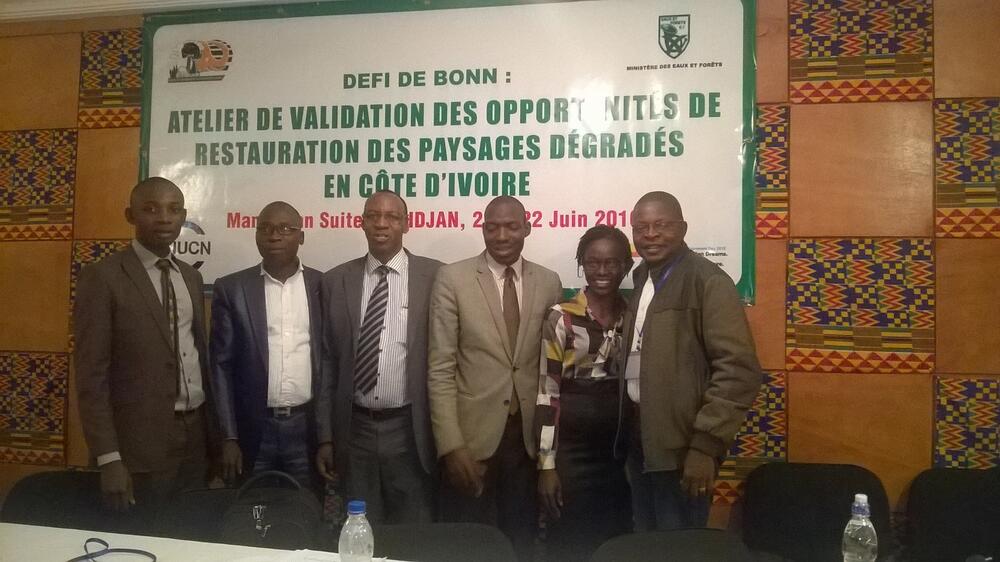
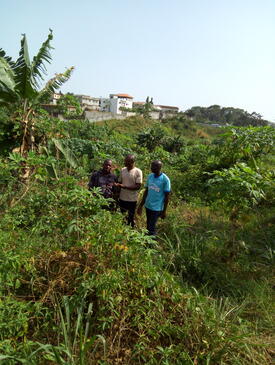
Acknowledgements
Koffi Etienne would like to thank the Ministry of Environment, Water and Forests, the Food and Agriculture Organization (FAO), the European Union (EU), the French Development Agency (AFD) and the University of Nangui Abroba.






